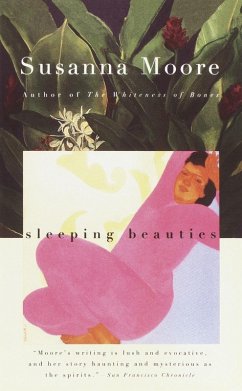
House of the Sleeping Beauties and Other Stories (eBook, ePUB)

PAYBACK Punkte
3 °P sammeln!
Three surreal, erotically charged stories from Nobel Prize winner Yasunari Kawabata. In the three long tales in this collection, Yasunari Kawabata examines the boundaries between fantasy and reality in the minds of three lonely men. Piercing examinations of sexuality and human psychology-and works of remarkable subtlety and beauty-these stories showcase one of the twentieth century's great writers-in any language-at his very best.
Dieser Download kann aus rechtlichen Gründen nur mit Rechnungsadresse in A, B, BG, CZ, D, DK, EW, E, FIN, F, GR, HR, H, I, LT, L, LR, NL, PL, P, R, S, SLO, SK ausgeliefert werden.













